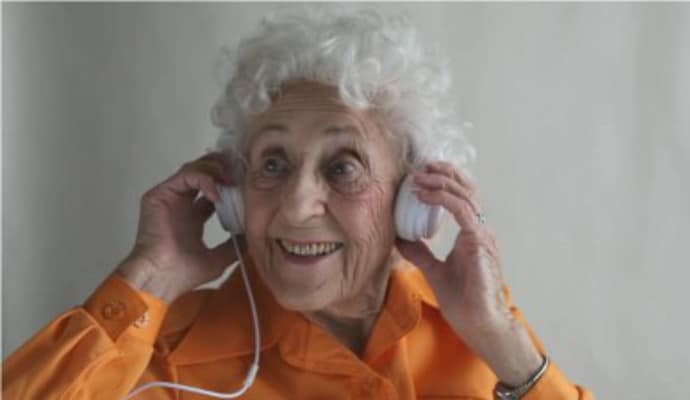This is a guest article by Diane Hoover, an experienced dementia caregiver. Diane cared for her mother for over 7 years and has been a member of Memory People since 2011. Memory People is a Facebook community for families affected by Alzheimer’s and dementia. It’s nearly 10,000 members strong and provides amazing support. Here are the 10 lessons Diane shared with the Memory…











